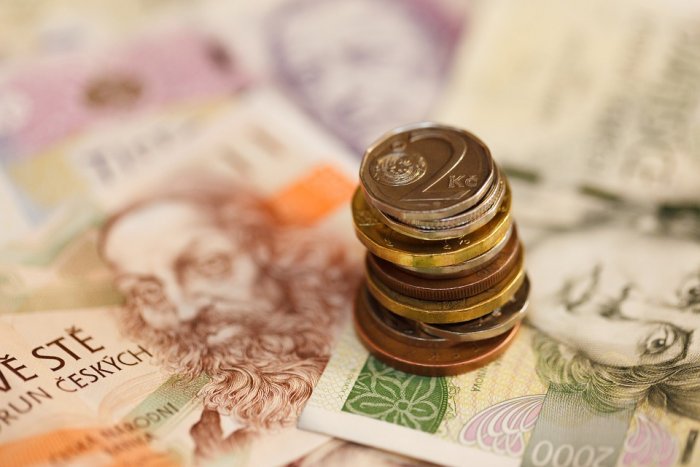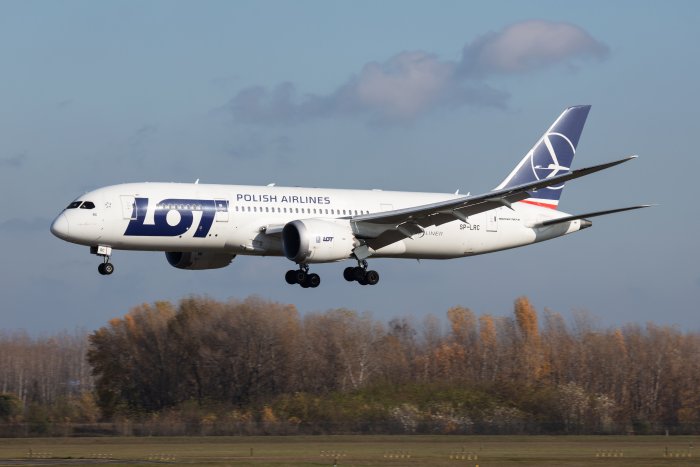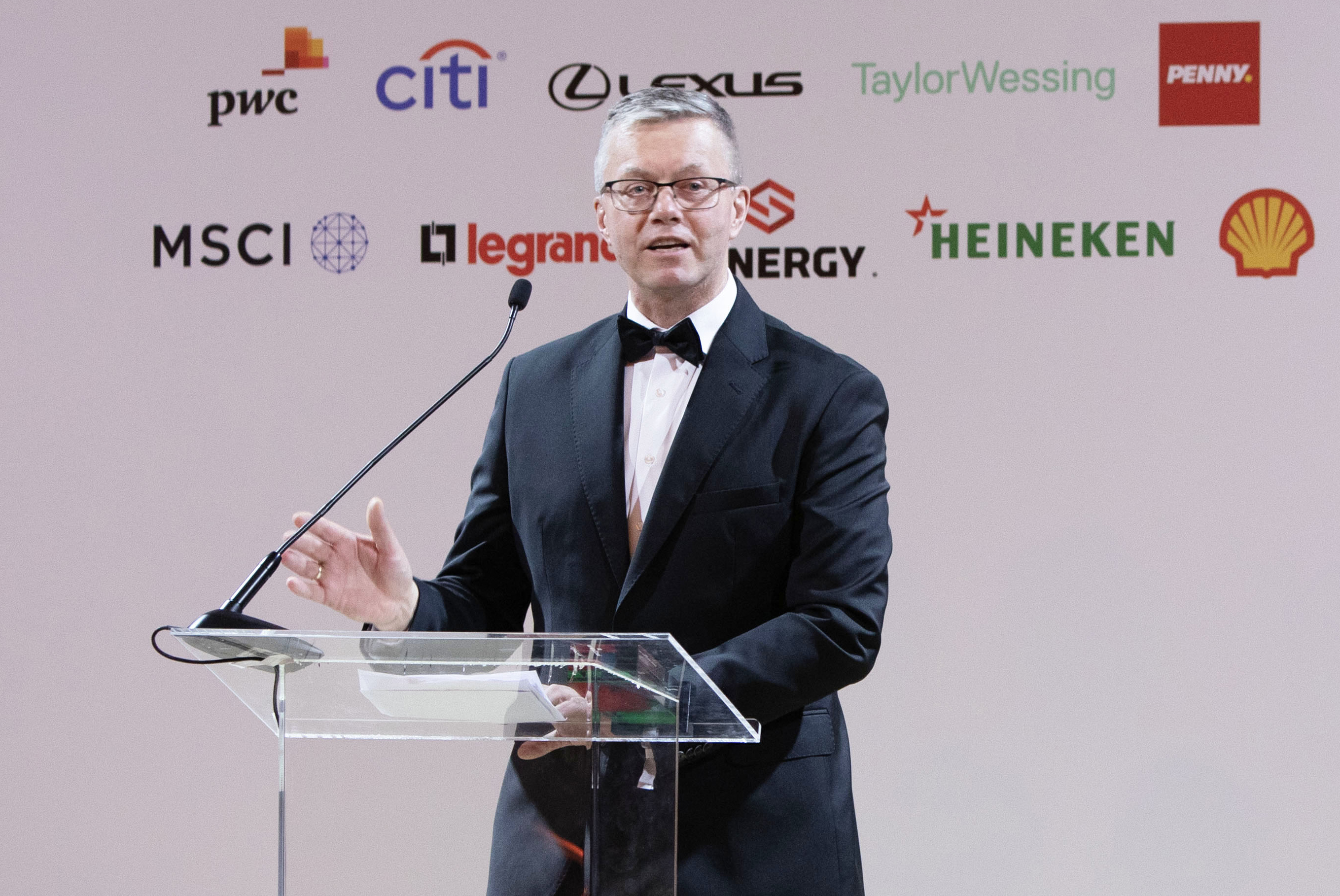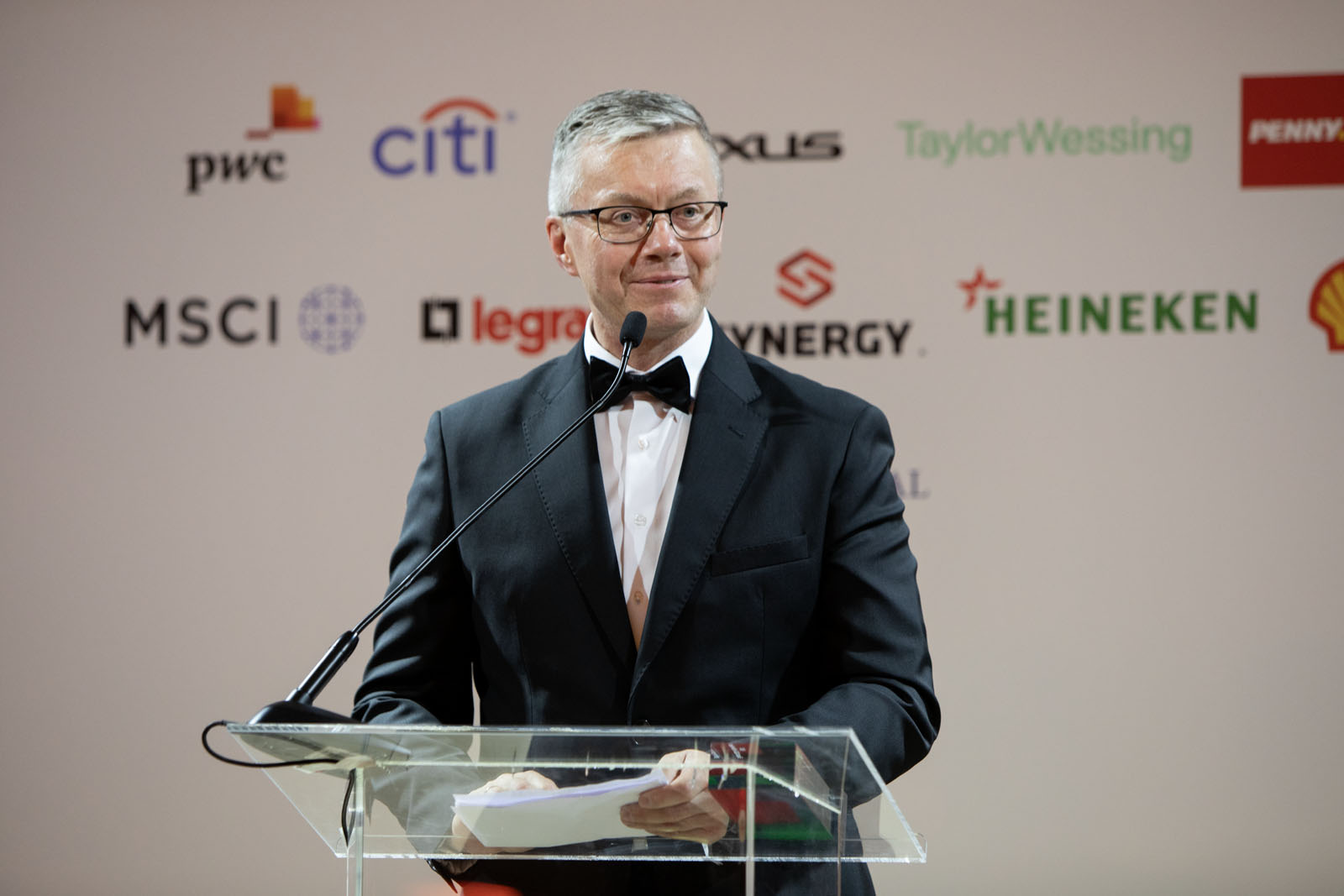2019 Legal Deals of the Year

The Budapest Business Journal asked some of the leading lawyers in the capital to reflect on the 2019 legal year, and also to look into their crystal ball for 2020.
Csilla Andrékó
BBJ: What was the biggest Hungarian legal deal of 2019 and why?
Csilla Andrékó (Kinstellar): It is difficult to pick one deal and say that it was the “biggest” deal of 2019 because biggest could mean a lot of things: size, deal value, complexity or novelty. I would say that we have seen and been involved in several very high value deals and complex transactions, mainly in the energy and real estate sectors during this year.
Zoltán Hegymegi-Barakonyi (Baker McKenzie): Among the myriad large scale deals in Hungary this year, the most significant investment into the economy came from BMW, one of the biggest car manufacturing companies in the world, which established a plant in Debrecen. The deal was worth EUR 1 billion, amounting to the biggest foreign investment in Hungary in the past five years.
Anikó Kircsi (CMS Budapest): I would definitely mention Advent International’s acquisition of Zentiva as one of the highest value M&A deals announced in the region this year, and in which Hungary is also involved. We are advising global private equity firm Advent International and its portfolio company, Zentiva, on its acquisition of the CEE business of global pharmaceuticals manufacturer Alvogen. The transaction is the latest in a series of acquisitions for Zentiva, part of its strategic development and growth campaign. Apart from this, I would also mention another deal: the sale of UPC Direct to the M7 Group. This transaction was again multi-jurisdictional and led to a change in the telecoms sector in Hungary as well as in the region.
Zoltán Nádasdy (Noerr): Out of the many significant transactions, we would consider the Indotek acquisition of Klépierre’s shopping plaza portfolio one of the most significant in the property sector, its significance being both the transaction value and also the fact that Indotek has moved into a “different league” through this purchase of such a major commercial asset class.
István Réczicza (Dentons): The biggest deal on the Hungarian market in 2019 is definitely Vodafone’s acquisition of UPC, the country’s largest cable operator. The merger accelerates the availability of converged fixed, mobile and TV services in Hungary, and enhances market competition and the development of innovative service providers. Perhaps not the biggest, but the most complex deal was defiantly the merger of the two largest online retailers in Hungary, Extreme Digital and eMag. The merger set up one of the largest online retail networks on the CEE e-commerce market. This was a very challenging transaction from a legal and merger filing perspective. Dentons and our joint venture partner Impact Advisory advised Extreme Digital and its shareholders in connection with the merger and provided seamless legal and financial advice.

Zoltán Hegymegi-Barakonyi
BBJ: What was the biggest deal you were involved in?
CA: From the closed matters (because a few really large deals are still ongoing and will be finalized before the yearend) I would pick the probably largest real estate M&A matter of 2019, the sale of French real estate group Klépierre’s shopping mall portfolio to Indotek. Kinstellar represented Klépierre on the sale of four shopping and entertainment centers in Hungary: Duna Plaza and Corvin Plaza in Budapest; Győr Plaza and Miskolc Plaza. The transaction was structured as a share deal and involved the sale and purchase of six Hungarian entities owned by Klépierre. The buyer is the Hungarian-American real estate investment fund Indotek Group. Klépierre is an important client of Kinstellar; earlier this year we advised t on the sale of another two shopping malls in Hungary.
ZH-B: Baker McKenzie is proud to have worked on numerous deals that represent significant growth in the Hungarian market. On the aforementioned BMW deal, we advised the Municipality of Debrecen and the Hungarian state concerning the greenfield development for BMW to establish and operate its plant, including the reclassification and sale of 400 hectares of land to BMW. We were very also pleased to advise China Railway No. 9 Group Corporation Limited on its construction arrangements for the Budapest-Belgrade high-speed railway project, one of the largest infrastructure projects in Central and Eastern Europe in recent years. In addition, we deployed of a team of corporate, transactional, employment, real estate and contract lawyers to assist Brunswick Corporation on the international implementation aspects of the spinoff of its Life Fitness business, which was sold for approximately USD 490 million and included Protokon Kft., a Hungarian steel and electronic equipment manufacturing company with a staff of more than 400.
AK: While we have advised on many exciting deals this year in Hungary, our capital markets team has been quite outstanding, assisting on two of the three takeovers that took place on the Budapest Stock Exchange this year. As part of the global transaction involving E.ON group’s acquisition of the Innogy group, we have advised on the two mandatory takeover bids in which E.ON Hungária Zrt. offered to purchase all the outstanding shares of ELMŰ Nyrt. and ÉMÁSZ Nyrt. Both takeovers recently closed successfully, with the E.ON Group acquiring directly and indirectly more than 83% of the shares in both of the aforementioned listed companies. We are also advising on another part of the same transaction, which involves a complex intra-group restructuring of the Hungarian entities in preparation of the mandatory divestment set out by the EU Commission.
ZN: One of the biggest deals the Budapest office of Noerr has been involved in is the sale of the KIKA-companies portfolio (altogether 22 stores in four CEE countries) by Signa to XXXLutz.
IR: We were involved in many large deals in 2019, further to the already mentioned merger of Extreme Digital and eMag, another monumental deal for our office was the sale of Vascular Plazma Group, probably the largest deal in the Life Sciences sector in Hungary this year. Dentons advised Vascular Plazma and its shareholders on the legal and transactional aspects of the sale of Vascular Plazma Kft. and its subsidiaries to Swiss-based Shire International GmbH, a global innovator in specialty biopharmaceuticals, while our joint venture partner Impact Advisory was the lead M&A advisor in the transaction.

Anikó Kircsi
BBJ: What are your expectations for next year?
CA: For next year, we expect that the trends and tendencies we’ve seen in 2019 will continue. We’d predict real estate to stay relatively strong, where we have a number of current or pipeline deals, particularly in the hotel sector. Capital markets deals and project finance work will continue to grow. We also expect we will continue to represent local, state owned M&A players, either in Hungary or abroad, in the energy sector. We are seeing continued interest from Asian capital, looking for geographic diversification, particularly in energy assets, and often forming joint ventures with local players who offer on the ground knowledge of the industry.
ZH-B: We are optimistic that 2020 will see ongoing growth in the Hungarian market as innovation and economic investment continue. However, the impact of international trade developments on the Hungarian economy remains uncertain, particularly in relation to Brexit and the U.S.-China trade war.
AK: We can see that optimism among dealmakers for the future of European M&A has faltered somewhat since last year. The TMT, consumer and Life Sciences and Healthcare sectors are expected to deliver the most deal activity during the next 12 months, while we also expect that restructurings and distressed M&A will increase in number. Further, many expect financing conditions to become more difficult in the coming year. Although the market is subdued, there is still an appetite to invest if the right deals come up. Buyers are becoming more particular about the transactions they will do, favoring deals in rapidly growing sectors that have upside potential, but also some cushion against downside risks. I believe this trend will continue in the near future with the challenges of digitalization, which is key when considering future M&A deals.
ZN: We expect a slight slow-down of growth across the board, if all the global forecasts prove correct; however, we are convinced that the strong basis of the Hungarian economy will ensure that our clients will continue to grow and consolidate their business and we will be able to support them in 2020, too.
IR: Regulated industries, such as energy, infrastructure, telecommunications, media and technology will remain our key areas in the next year, while as regards transaction types we will primarily focus on M&A, private equity, real estate, banking and data privacy matters.
Automation is developing at an accelerated pace these days, resulting in the emergence of new technologies in our daily life. We will pay particular attention to robotization and technological developments.

István Réczicza
BBJ: How would you characterize the legal market in 2019?
CA: We have seen a real boom in transactional work, especially in the M&A, banking, real estate, and energy sectors. I think we continued to see a dominance of local capital in both real estate and regular M&A; in the latter case particularly in the energy sector. Private equity deals continue to be sporadic, with a shortage of good quality assets creating challenges for regional PE players and also a shortage of sufficiently large assets, meaning large PE deals are few and far between. We’ve seen a real push from the National Bank of Hungary to promote activity on the capital markets. The tendency that large international law firms with expensive overheads leave Hungary and the region continued somewhat this year, although those few international law firms who remained and that have invested heavily in their local offices in the last decades will probably stay and manage their Budapest offices as hubs for the region. Despite the larger number of deals, the Hungarian legal market is still very competitive, therefore quality, flexibility to adopt to new challenges and strong local/regional clientele are key for law firms to remain on top of the competition. We had very strong growth in revenue for the second consecutive year and could also increase our average billing rates, which demonstrates that clients are ready to pay for high quality service when it comes to complex larger transactions.
ZH-B: Thanks to a strong global and local economy, we saw a thriving legal market characterized by high volumes of work and persistent growth. The market was, nonetheless, fiercely competitive as clients sought high quality service, value for money and innovative solutions in an increasingly cross-border and technology driven economy.
AK: H1 2019 statistics seem to indicate that both in overall deal value and volume, M&A activity somewhat fell not only in Hungary but in almost all of Europe compared to 2018. However, we can see that this year was still a good time to do deals with low interest rates and plentiful financing; the market is still vibrant and there were some significant big deals this year. We saw a great deal of activity in solar energy projects, and BMW’s ongoing greenfield investment is also a marvelous project for Hungary.
ZN: The Hungarian market has shown signs of consolidation and a healthy balance between international and more domestic-focused law firms. It appears that the global legal market trends apply in Hungary as well, meaning the larger and more broad-based the service offering of a law firm, the more likely it can produce growth and attract talent to achieve critical mass in core service areas. We regard Noerr as an example in terms of making slow but sure progress in expanding our services through extended offering such as in the area of banking and finance, state aid law advisory, amongst others.
IR: In recent years, the Hungarian M&A market has mainly been driven by larger state-backed transactions and as a consequence, the government has become a major buyer of legal services.
In terms of energy there is currently a solar power boom in Hungary. We are involved in several major solar power development projects in the country, including MET Group’s first and one of Hungary’s biggest solar power plants, in Százhalombatta.
In the real estate sector, overall demand for new developments, as well as for existing commercial buildings in prime locations, is growing. Law firms have been retained by major real estate funds and companies, both in sale and purchase transactions. The Hungarian state has invested heavily in the real estate sector in the past years; consolidation of these companies is underway and the potential future partial sale of them could generate significant work for law firms.
In 2019, GDPR was still one of the most talked about topics, as it profoundly changed the way in which enterprises treat data.
In the TMT sector there is a trend towards major transactions and ownership restructurings. The National Media and Info-communications Authority of Hungary (NMHH) recently launched 5G frequency tenders, which will dominate the telecom sector over the next few months. Big Data is also very much in the minds of our clients in Hungary, as data is changing their business models.

Zoltán Nádasdy
Our Legal Panel (listed in surname order)
• Csilla Andrékó, managing partner, Kinstellar Budapest
• Zoltán Hegymegi-Barakonyi, managing partner, Baker McKenzie Budapest
• Anikó Kircsi, partner and head of corporate/M&A practice, CMS Budapest
• István Réczicza, Hungary managing partner, Dentons Budapest
• Zoltán Nádasdy, partner, co-head Budapest Office, Noerr LLP
SUPPORT THE BUDAPEST BUSINESS JOURNAL
Producing journalism that is worthy of the name is a costly business. For 27 years, the publishers, editors and reporters of the Budapest Business Journal have striven to bring you business news that works, information that you can trust, that is factual, accurate and presented without fear or favor.
Newspaper organizations across the globe have struggled to find a business model that allows them to continue to excel, without compromising their ability to perform. Most recently, some have experimented with the idea of involving their most important stakeholders, their readers.
We would like to offer that same opportunity to our readers. We would like to invite you to help us deliver the quality business journalism you require. Hit our Support the BBJ button and you can choose the how much and how often you send us your contributions.







